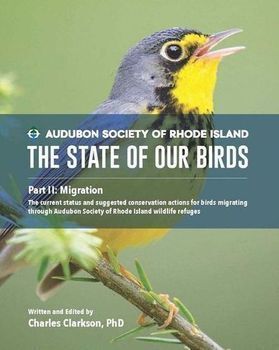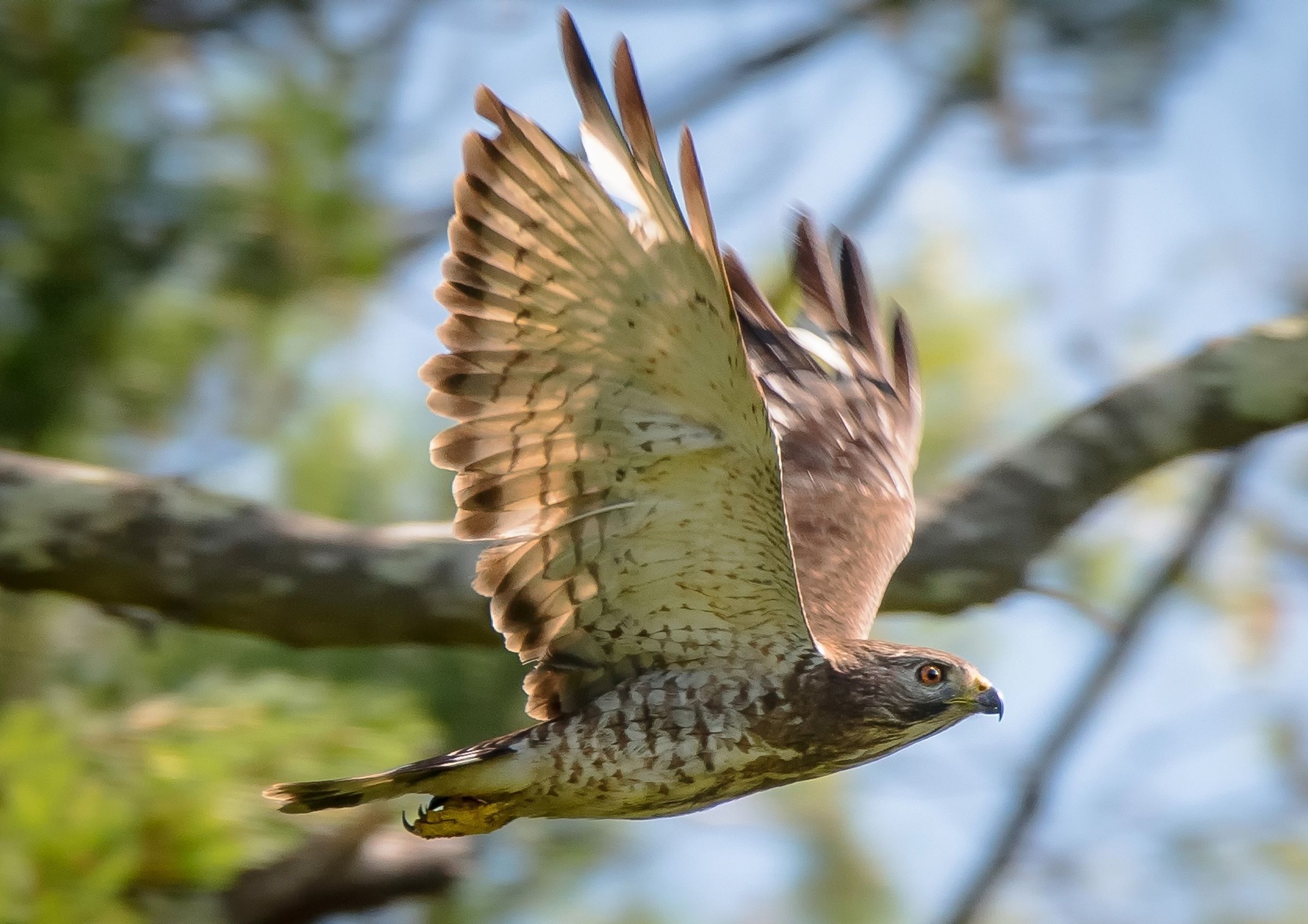May 15, 2023
Audubon Unveils The State of Our Birds Report Part II: Migration
Western Rhode Island is one of the most important areas in New England for stopover during bird migration.
The Audubon “State of Our Birds Report Part II” begins to pull together the information needed to better understand when birds move across Audubon wildlife refuges, what they need to fuel their journeys, and how Audubon can best manage protected properties to bring their populations back.
In January 2023, Audubon introduced “The State of Our Birds Report: Part I” which summarized which avian species are present on our public wildlife refuges throughout the year and provided an overview on the long-term trend in these bird populations. That was just the beginning.
Audubon now offers a first glimpse into the world of avian migration across the organization’s protected properties by unveiling “The State of Our Birds Report Part II: Migration”
Some of the findings from this second report include:
- Western Rhode Island is considered one of the most important areas in New England for stopover during bird migration. Research suggests it is considerably more important than eastern Massachusetts or southeastern New Hampshire and Maine.
- Most bird species that undergo migration utilize Rhode Island more as migratory stopover habitat than as breeding habitat. Providing high-quality habitat for these birds is critical to ensure they can make their journey successfully.
- While the conservation of large, undisturbed, and well-connected tracts of habitat are essential for breeding and overwintering birds, the Audubon Society of Rhode Island will also focus on protecting small and isolated habitat patches throughout the state to provide for the needs of migrating birds. Birds utilizing the Atlantic Flyway during migration may require emergency provisions along their journey. Having small patches of habitat, particularly in the most urban environments, is essential to providing birds the lifeline they may need during periods of increased stress.
The report also highlights the challenges that birds face through phenological* mismatch: as climate change increases the unpredictability of weather events, birds that have timed their migratory movements over thousands of generations to coincide with gradual spring warming or fall senescence are finding themselves out-of-phase with the plant and insect communities they rely on. This phenological mismatch is leading to avian population declines, particularly with those species that undergo long-distance migration. Examples of these species that are commonly spotted in Rhode Island are the Gray Catbird, Ovenbird, Common Yellowthroat, and Wood Thrush.
“Our understanding of bird migration is continuously increasing as we collect more data on the amazing journeys birds have been taking for thousands of years,” said Clarkson. “The more bird migration comes into focus, the more we realize that to conserve our declining birds, we must pay attention to these strenuous and perilous periods in their lives. It is well known that the movement patterns of birds during migration can and do change, therefore much more data are necessary to capture this between-year variability. Continued study of our migratory birds is absolutely necessary.”
* Phenology: study of the timing of recurring biological events.



















